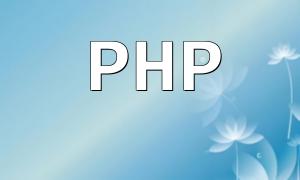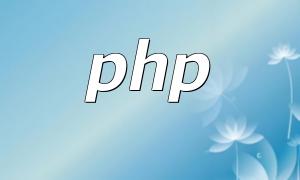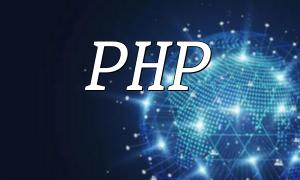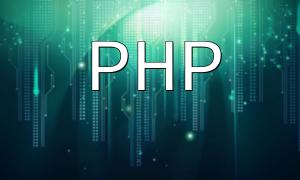PHP is a widely used server-side scripting language known for its flexibility and rich ecosystem. It is applied in various areas such as web development, data processing, and system automation. Below we explore PHP’s practical applications across different domains.
PHP is an ideal choice for building dynamic and interactive websites. From corporate portals and blogs to social media platforms, PHP enables efficient page interaction and data processing through powerful frameworks like Laravel and ThinkPHP.
Many popular CMS platforms such as WordPress, Joomla!, and Drupal are built with PHP. These systems allow users to easily create and manage website content without requiring extensive programming knowledge, which is a key reason for PHP’s dominance in web development.
PHP plays a crucial role in developing e-commerce platforms. It supports essential features such as shopping carts, order management, payment integration, and user accounts. Platforms like Magento and OpenCart, built with PHP, provide secure and scalable e-commerce solutions for businesses.
With the rise of front-end and back-end separation and mobile applications, APIs have become increasingly important. PHP supports building efficient RESTful APIs that facilitate seamless communication between web, mobile, and other backend systems.
// A simple PHP RESTful API example
header('Content-Type: application/json');
$data = ['status' => 'success', 'message' => 'Hello API'];
echo json_encode($data);
PHP comes with a rich set of built-in functions for data processing, allowing developers to extract data from databases, perform calculations, and generate statistical reports. Combined with databases like MySQL or PostgreSQL, PHP enables flexible data analysis and visualization.
PHP’s GD library and Imagick extension provide robust image manipulation capabilities. Developers can use these tools to crop, resize, rotate, watermark, or convert images — useful for features like profile picture uploads and thumbnail generation.
PHP scripts can automate various system administration tasks such as log monitoring, file management, and backups. System administrators often use PHP to create lightweight tools for maintenance and server monitoring.
PHP integrates seamlessly with major cloud platforms including AWS, Azure, and Google Cloud. Developers can easily deploy PHP applications to the cloud, enabling scalability, load balancing, and automated operations.
PHP’s application fields are vast and diverse. From traditional web development to modern API services and cloud computing, PHP continues to demonstrate strong adaptability and vitality. Whether you are a beginner or an experienced developer, understanding PHP’s multi-domain applications can open up more possibilities for your projects.









